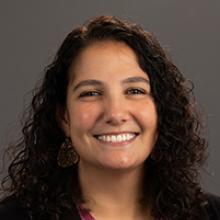Advancing Public Health in an Interconnected World
The health and well-being of all people are directly affected by their living conditions and the systems that support them. Thriving as a society means acknowledging—and striving to change—historical inequities that exist across these systems.
Systemic racism, xenophobia, sexism, ableism, homophobia, and other forms of bigotry have left many families and communities marginalized and mistreated. Recent public health challenges, like extreme weather events and global illness, have brought these issues even more to the forefront. We can no longer treat as separate, the individual systems meant to support education, nutrition, housing, economic mobility, health care, and public health.
Creating solutions that complement the interconnected nature of these systems is at the forefront of AIR’s commitment to advancing public health, improving outcomes, and generating evidence that leads to a better, more equitable world.
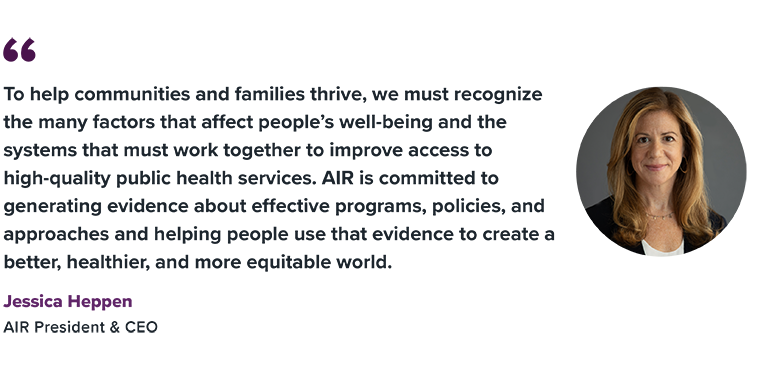
Cross-Cutting Solutions to Improve Health for All
AIR’s global experts provide research, communications, and technical assistance that helps improve health outcomes in an ever-changing world. We work across disciplines to:
- Research and evaluate prevention strategies;
- Track risk and protective factors tied to health and well-being;
- Share knowledge and provide capacity-building through training and technical assistance; and
- Design and implement evidence-based health policies and practices.
Together we implement and evaluate the growing body of evidence that contributes to safe, supportive, and nurturing relationships and environments so all children, families, and communities thrive. Our work spans multiple sectors, engages the community, and informs policy implementation at the intersection of public health, health care, and social determinants of health. Through rigorous research and application, we help people understand which programs and policies work and translate that evidence into action to advance public health.
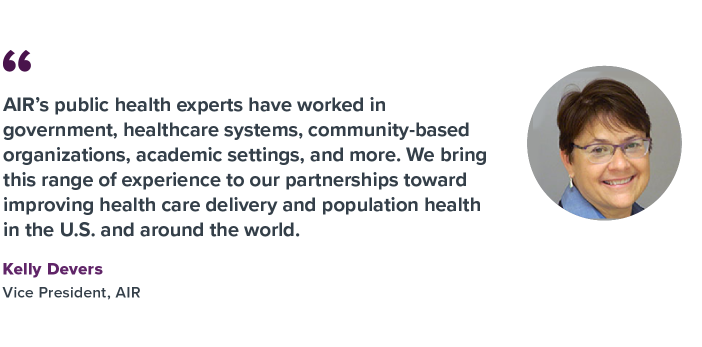
Notable Projects and Valuable Insights
Facilitating Multisector Alignment
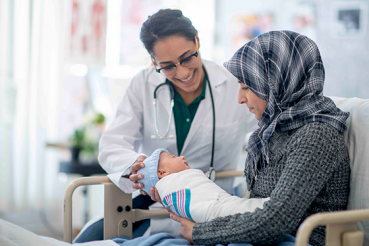
Aligning Multisector Organizations with the Priorities of Afghan Refugees
Funded by the AIR Equity Initiative, we are working with partners to help multisector organizations collaborate more effectively and advance health equity for Afghan refugees. Using innovative qualitative research and capacity-building strategies, AIR developed the Health Equity for Afghan Refugees (HEAR) Learning Network—a learning community of 11 resettlement agencies, community organizations, and health care providers that are supporting Afghan refugees as they resettle and integrate in Maryland and Virginia.
Developing Resources to Support Positive Outcomes for Youth
The Interagency Working Group on Youth Programs (IWGYP) was formed in 2008 to improve outcomes for young people by promoting collaboration among federal, state, tribal, and local organizations. AIR has supported IWGYP by developing and maintaining resources (e.g., Youth.gov) that provide strategies to help youth-serving organizations implement effective programs and connect young people with opportunities to be change agents on personal, community, and national levels.
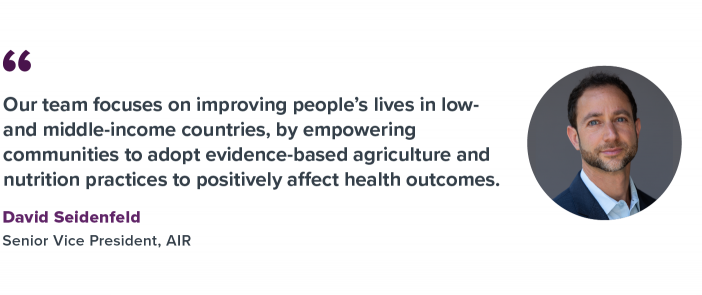
Studying and Disseminating Strategies to Address Root Causes of Systemic Inequalities

Research on Lowering Violence in Communities and Schools
The National Institute of Justice created the Comprehensive School Safety Initiative to understand, develop, and evaluate strategies to address the root causes of school violence. To support this initiative, AIR is conducting a longitudinal study examining the association between school safety and student outcomes with school-based risk and protective factors and readiness to adopt a comprehensive school safety approach.
Evaluation of the Nutritional Improvements Through Cash and Health Education (NICHE) Program
UNICEF Kenya, in collaboration with the Kenya government, contracted AIR to conduct a mixed-methods formative evaluation of the NICHE program. Through the program, eligible households receive a cash transfer and optional intensive nutrition counseling.
Violence Prevention Technical Assistance Center (VPTAC)
The Centers for Disease Control and Prevention (CDC) launched VPTAC to serve as a training and technical assistance hub for organizations that receive funding from CDC’s Division of Violence Prevention. VPTAC’s training and technical assistance helps recipients achieve the goals of their CDC-funded programs while addressing factors that cut across multiple forms of violence and achieve community-level impact.
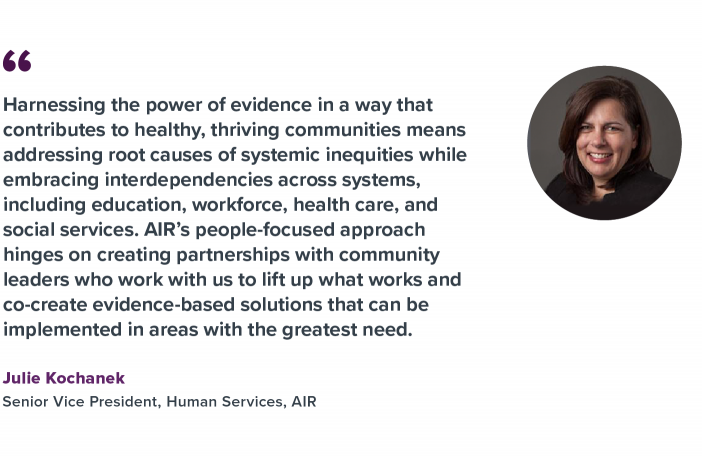
Improving Health Services and Supply Delivery
Incorporating Public Feedback into U.S. Preventive Services Task Force (USPSTF) Evidence-Based Guidelines
To foster trust in its evidence-based recommendations on clinical preventive services, the USPSTF has sought to make its guideline development process more transparent by posting draft recommendation statements online for public comment. AIR has reviewed and analyzed over 10,000 public comments on a wide range of services, such as breast cancer screening, pre-exposure prophylaxis for HIV, and aspirin use to prevent cardiovascular disease.
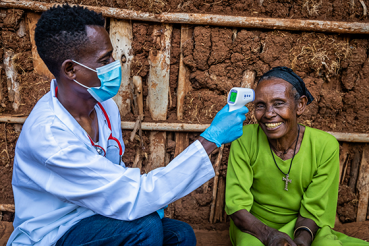
Monitoring Supply Chain Performance for the Kenya Health Sector
Ensuring medicines, vaccines, and other essential health supplies are available when and where needed is a key concern in Kenya. On behalf of the U.S. Agency for International Development, AIR is conducting third-party monitoring for the health supply chain in Kenya. Using tools for monitoring, analyzing, and visualizing supply chain performance and risks, AIR combines primary data from health facilities with secondary data from Kenya’s national health databases. These data inform recommendations to government and non-government organization partners to strengthen the health system.
